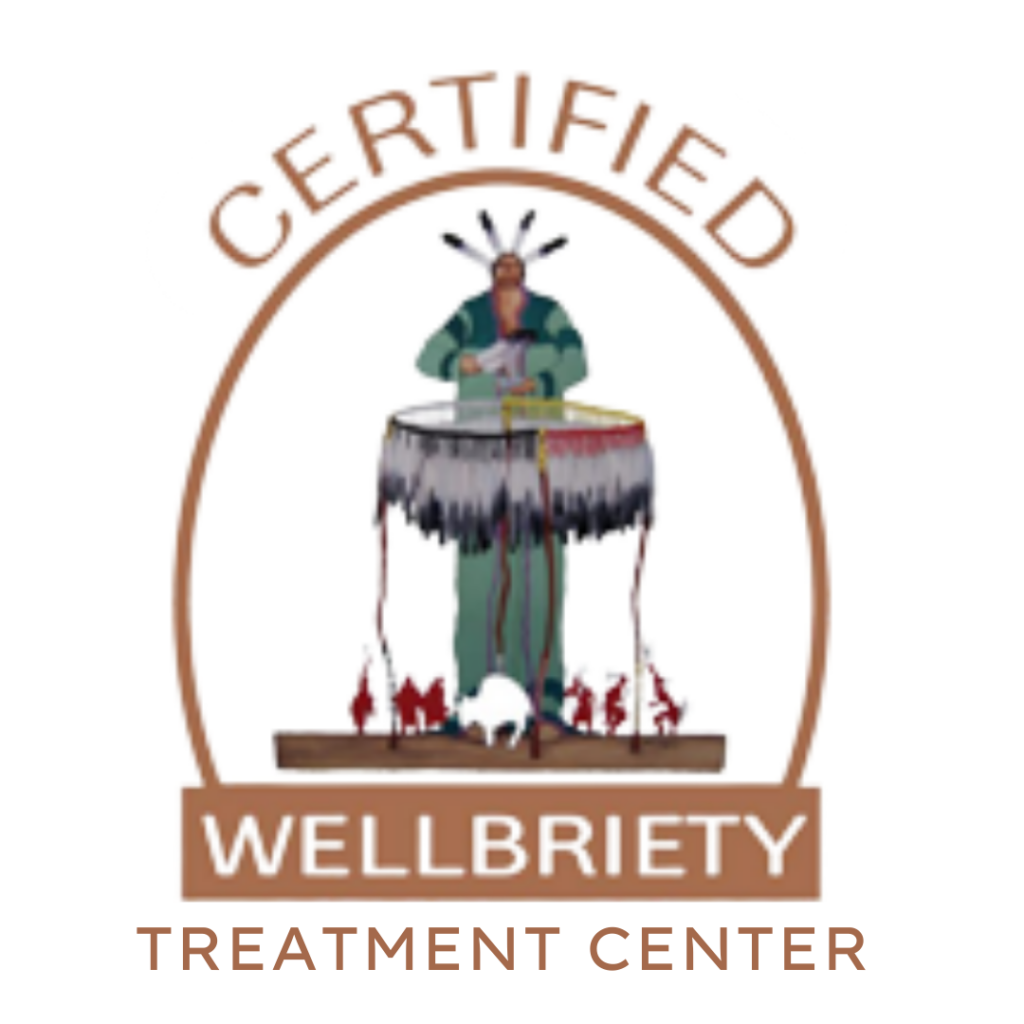It can be challenging to reach your loved one, especially if you are trying to confront your loved one about addiction in hopes of finding a solution. The best way to have your message received is by using effective communication skills. Effective communication can be achieved by remaining calm, listening, validating, acting interested, negotiating when necessary, and being clear. Often times, speaking with someone about their addiction can cause an escalation of emotions like anger, frustration, sadness, fear, etc. An escalation of emotions can cause those involved to throw up defenses, which will only act as a blockade to receiving a message or being open minded to that message.
When dealing with a loved one who has an addiction, it is important to remember that they may feel attacked or defensive once confronted. To avoid this reaction, it is important to be clear, concise, empathetic, aware of the language you are using and its delivery. It is extremely important to remain calm to keep the atmosphere a calm and understanding one. Never confront a loved one coming from a place of anger or judgement. The conversation you need to have with a loved one who is involved in addiction, should not include solutions or unwanted advice first. Addiction treatment can be talked about, without initially being offered as a solution to the problem.
The nature of the conversation should be setting the stage for honest and open communication, in order for you to be able to ask questions and understand them better— this should come long before any plan of treatment. If you are talking to a loved one about their addiction in a very confrontative way, with the result being a boundary of going to treatment, please ask for guidance from a professional who facilitates interventions.
Many conversations can be had before any conversation of the confrontative nature occurs. Here are 10 ways to talk to your loved one about their addiction:
1. Begin the conversation with setting your goal of the conversation. Whether the goal be to better understand your loved one, gain knowledge about what they’re going through, allow them to understand what you have been noticing, or tell them about how you feel.
2. Try using I feel statements. I feel ___________, when you _______________.
ex. “I feel scared when you don’t come home at night and ignore my phone calls”
3. Take small moments to take deep breaths during the conversation, noticing how your body feels in order to stay grounded and present.
4. Make sure you clearly state your intention with bringing up the topic. My intention is ___________. Your intention should be aligned with the goal of the conversation.
5. Encourage your loved one by stating that you will not judge them for what they tell you. Be sure to encourage your loved one that what they think and feel is important to you.
6. Allow your loved one the right to include or exclude a family member who they may feel unsafe involving in the conversation.
7. Listen to what your loved one has to say, whether or not you agree with what they are saying, take a step back and allow them to speak openly. This will garner a level of validation for what they are telling you— validating that their thoughts and feelings are important.
8. Ask your loved one to respect what you are speaking to them about, letting it be known that you expect them to listen without interrupting in order to take in what you are saying.
9. Mention addictive behavior, drugs or alcohol, and drug addiction in a calm and non-judgemental way. Let your loved one know what you experience them as, providing examples of their behavior, and letting them know how their behavior makes you feel. Be clear when mentioning a concern about their drug abuse or alcohol addiction.
10. Ask your loved one what they need. Also state your needs. Let your loved one know that your hope for them is to address their substance use disorder in a treatment program. Validate the fact that what they feel is important, and exploring how they feel is the best thing for their behavioral health. Offer your loved one the support of yourself, friends and family.
We highly recommend maintaining a safe environment for any conversation like this to be held in. Please follow the above suggestions for a smooth and productive conversation to take place. If you are thinking about staging an intervention, please ask for guidance from a professional— like an intervention facilitator.
At Royal Life Centers, we address substance abuse and alcohol addiction with intensive therapy. Treatment begins in our medical detox center in Royal Life Centers at The Haven, where guests will be cared for, treated for their symptoms of withdrawal, and under medical supervision 24/7 to ensure their safety and comfort. Part of recovery is exploring yourself and your feelings, in Royal Life Centers at The Haven, we provide behavioral therapies, group therapies, and individual therapy. Our intensive therapy begins the work for people in recovery. We have support groups and services for family, therapy is in addition to our case management services as well.
Our treatment supports long term sobriety, with treatment plans that offer programs including: medical detox, residential inpatient program, a partial hospitalization program (PHP), an intensive outpatient program (IOP), an outpatient program (OP), sober living and graduate housing. Royal Life Centers at The Haven offers a short term medical detox program, which lasts either 4 or 8 days, depending on our guest’s condition and health status.
For more tips on how to talk to a loved one about their addiction, or for more information about our holistic treatment philosophy or treatment offerings, please reach out to our team of addiction specialists at (877)-RECOVERY or (877)-732-6837. Our team is available to take your call 24/7. Because We Care.
























